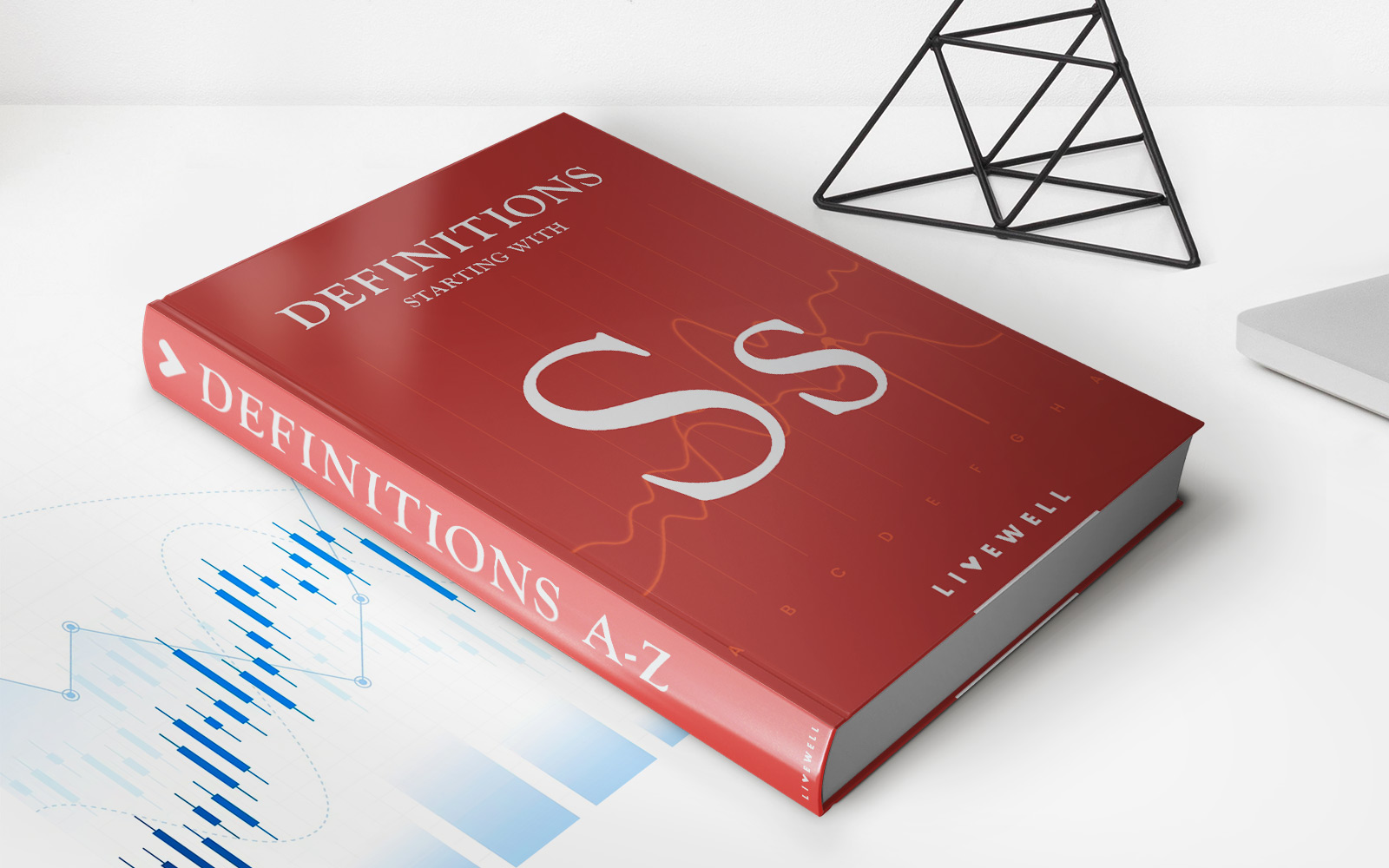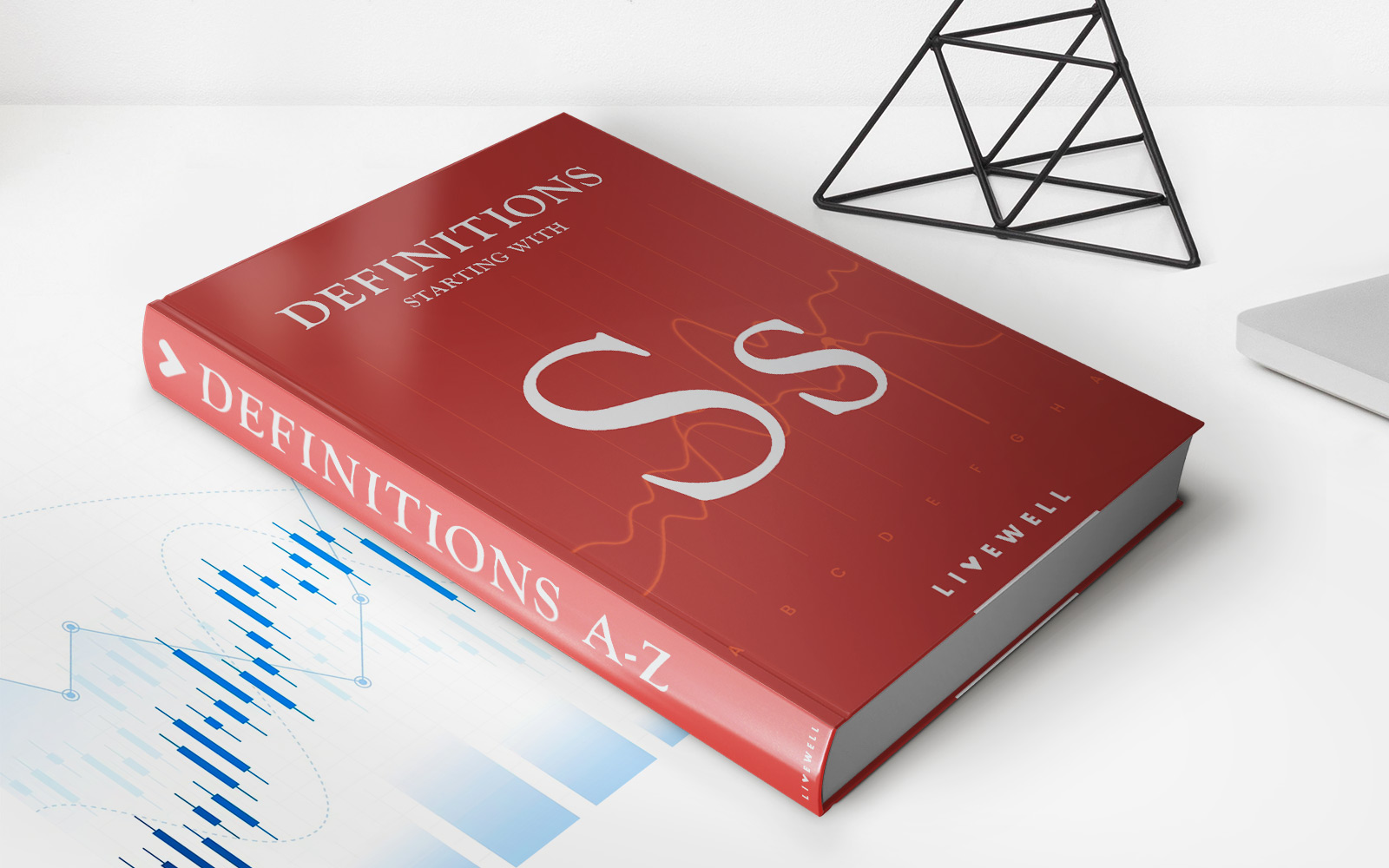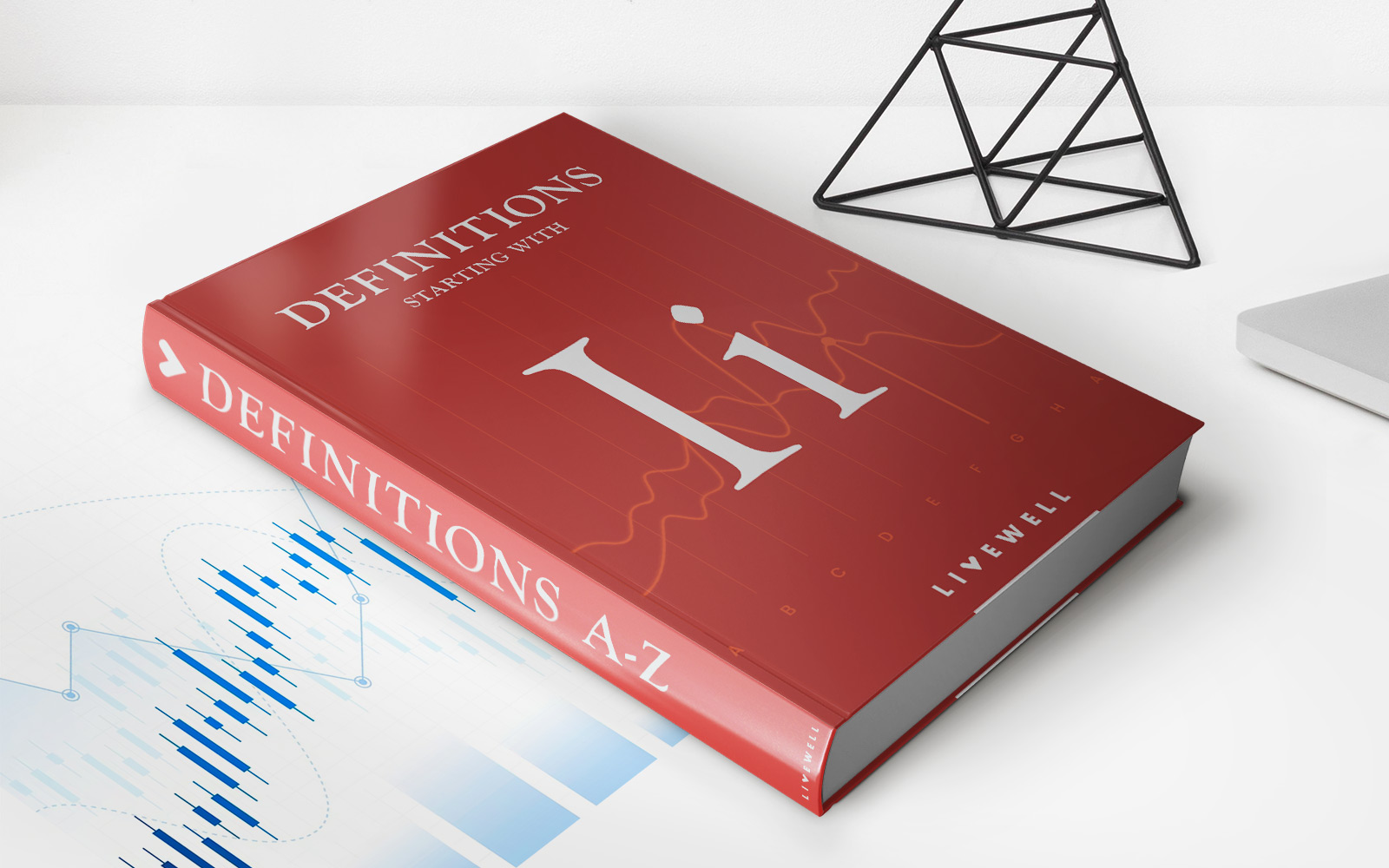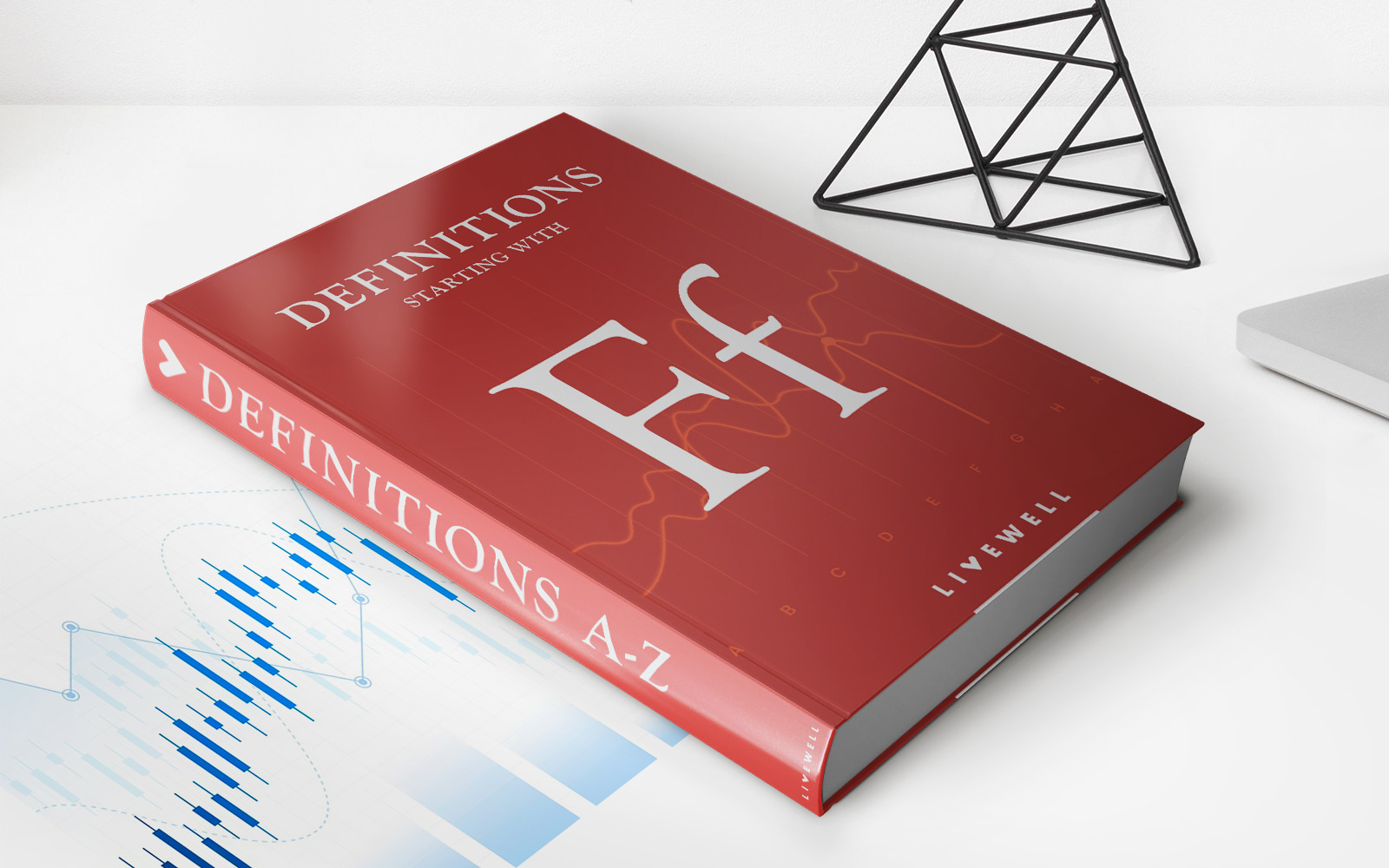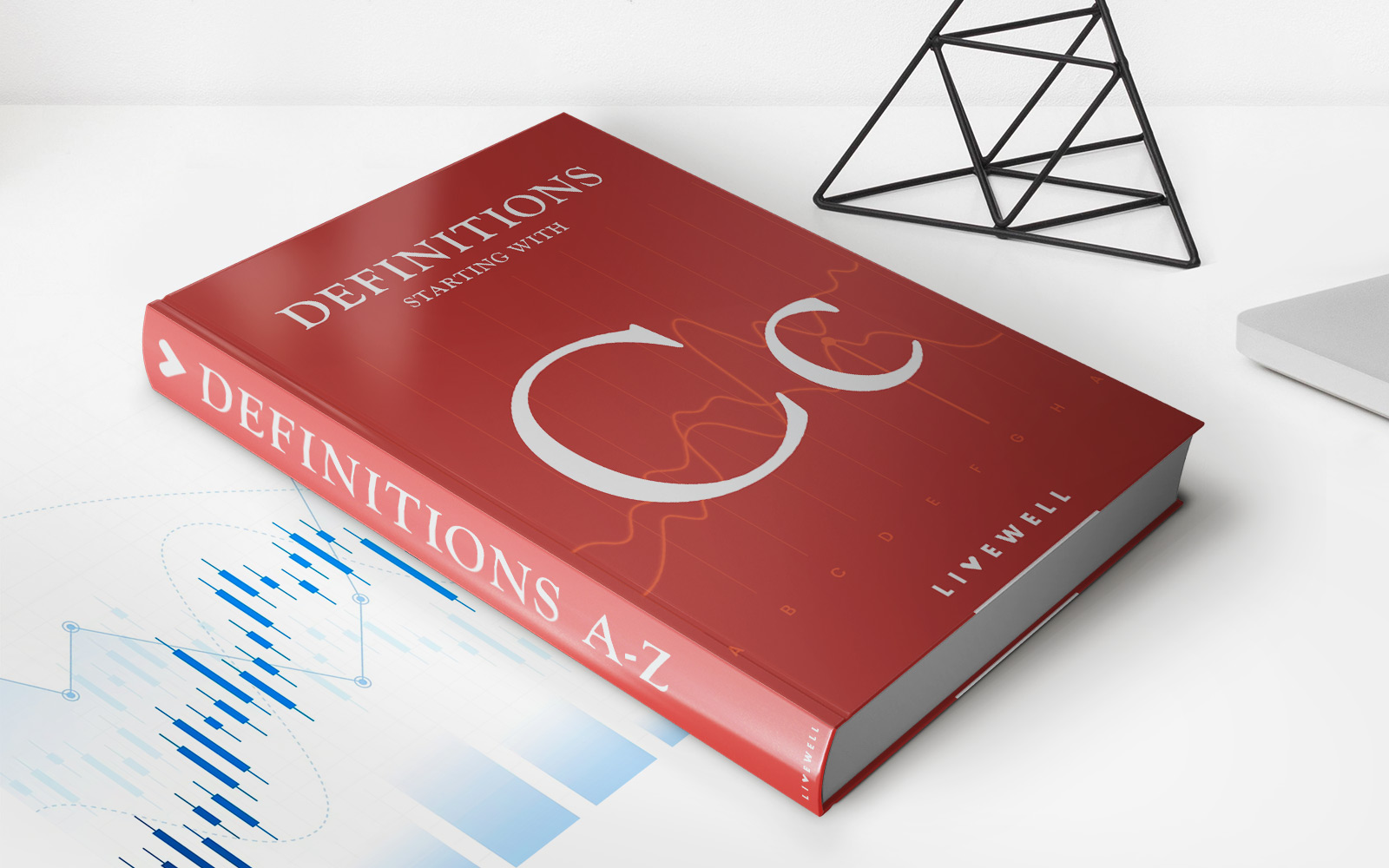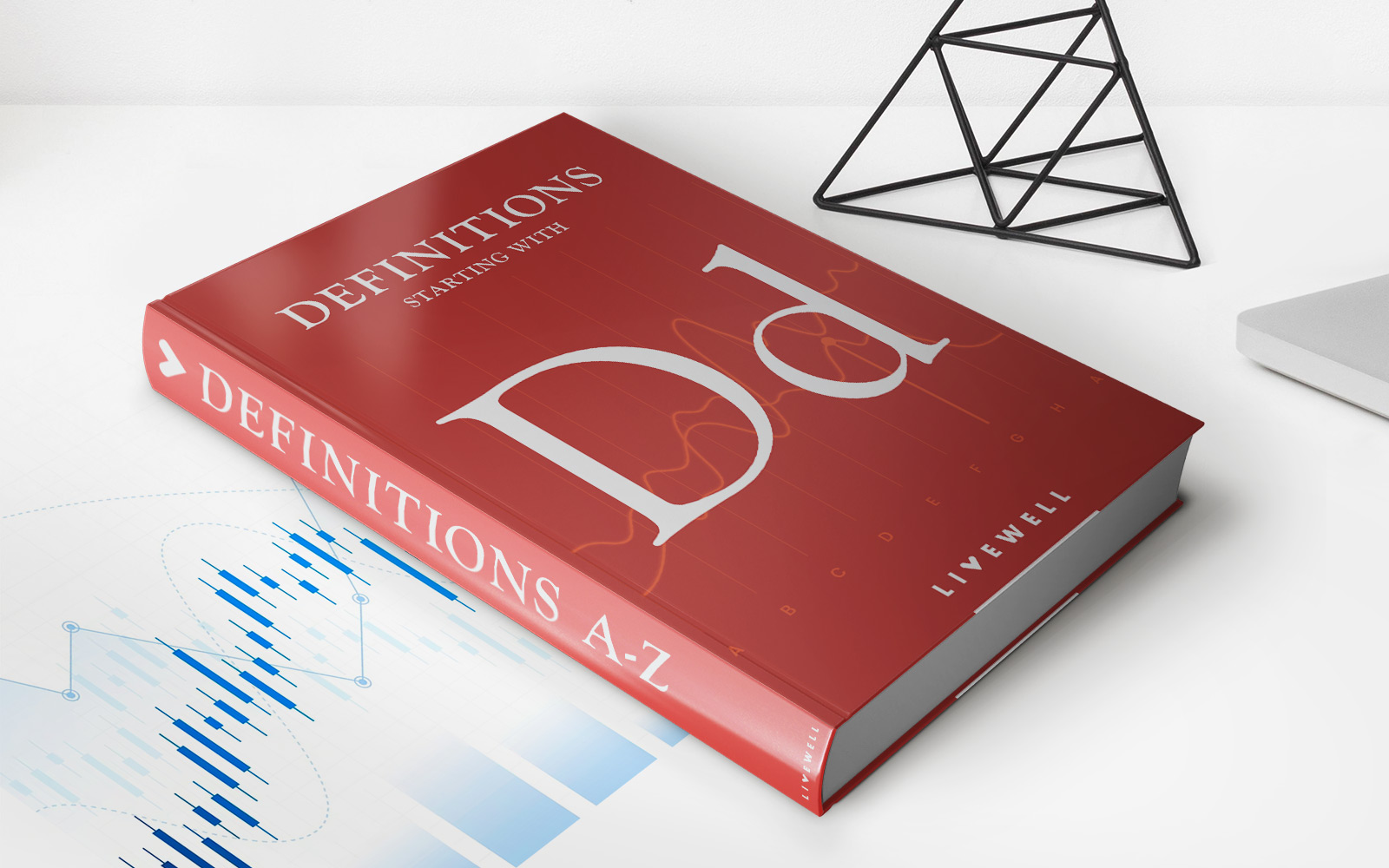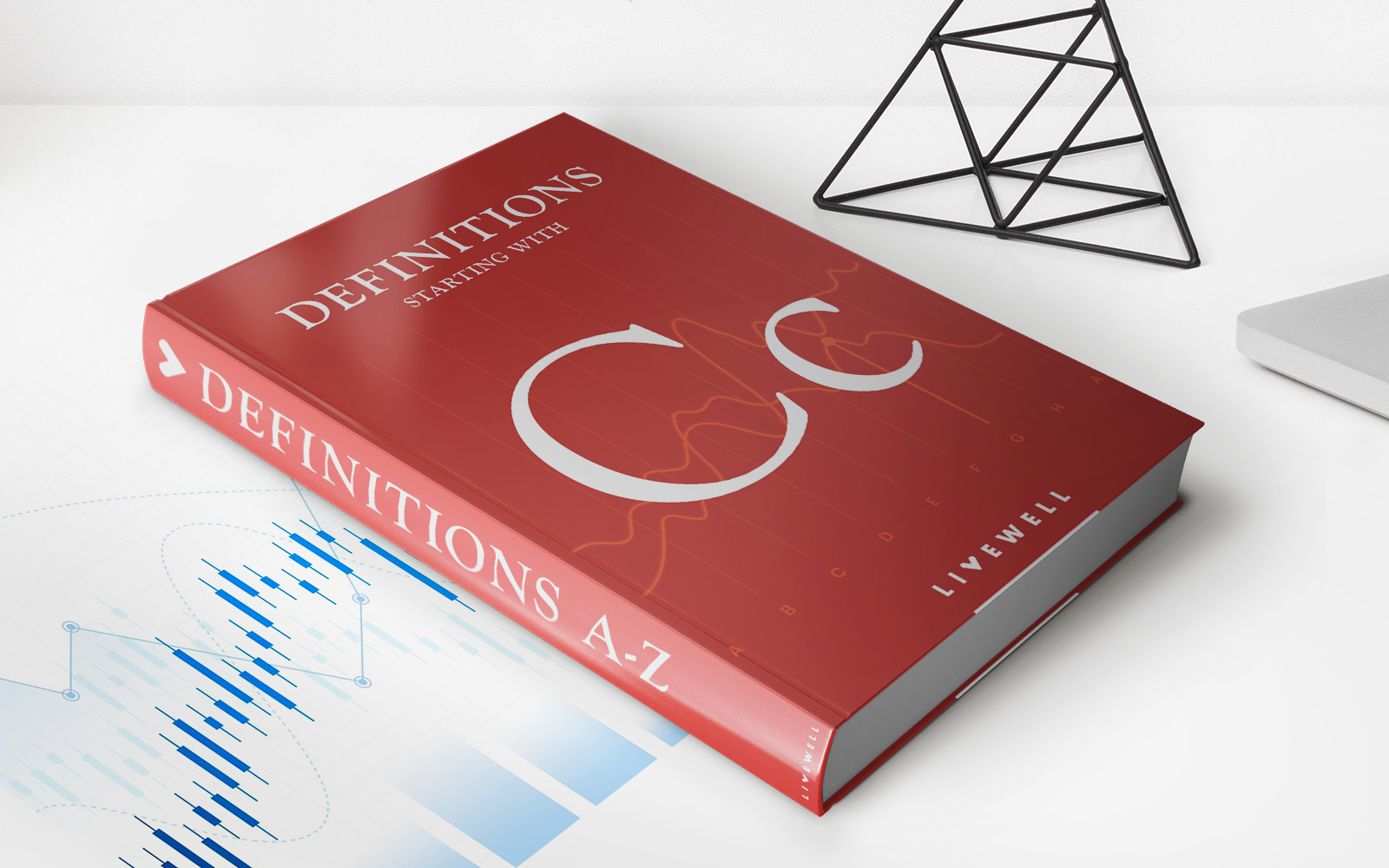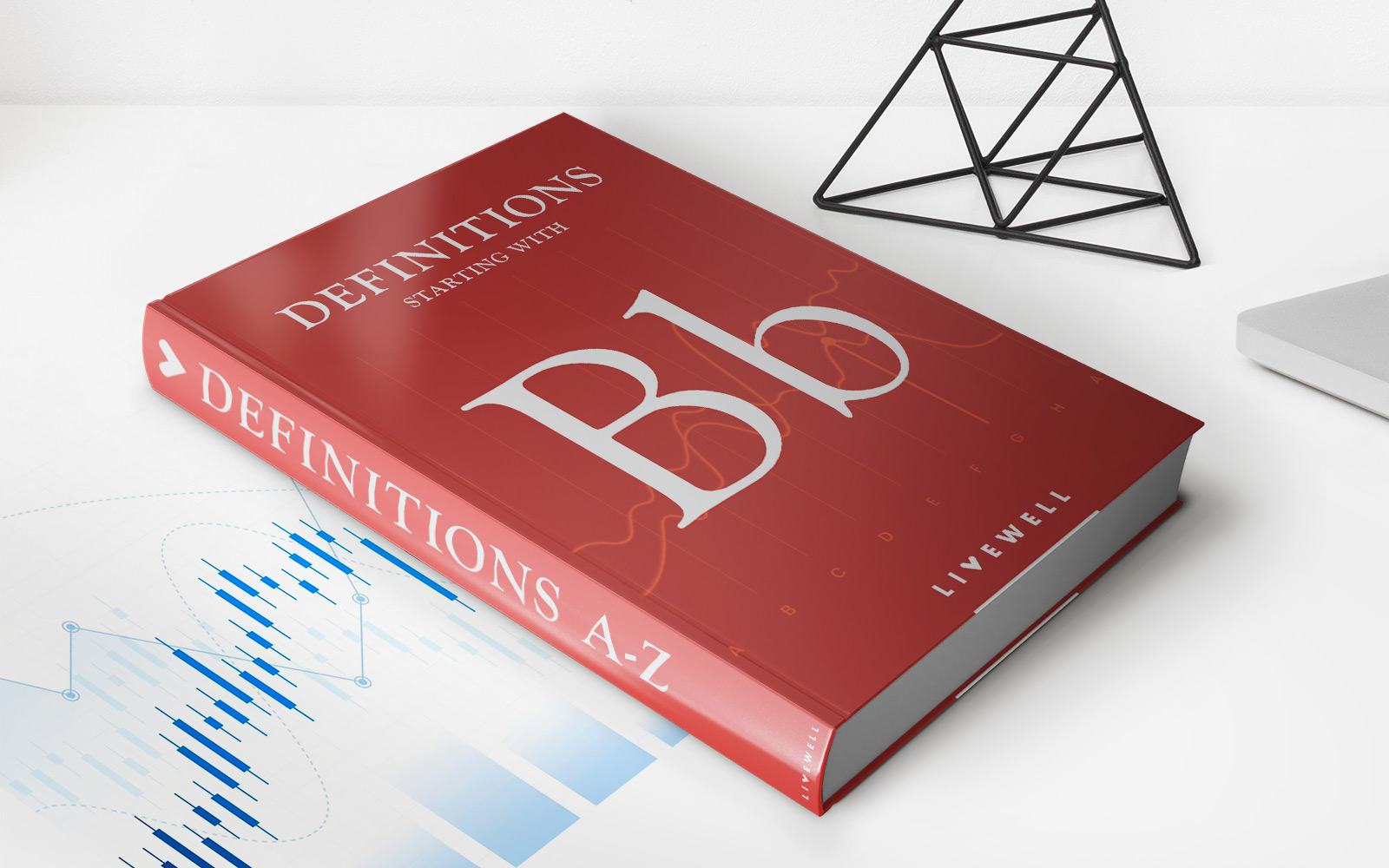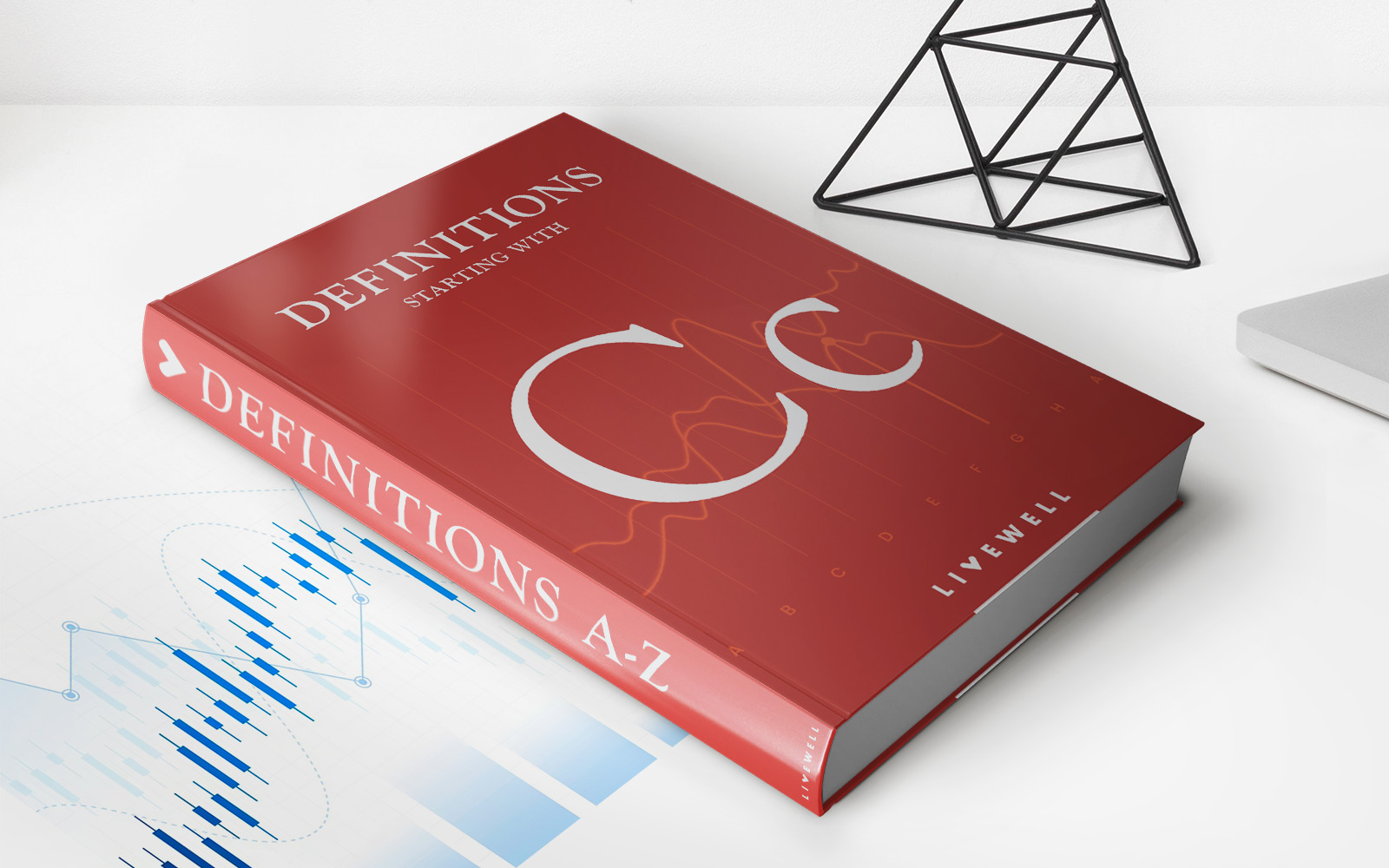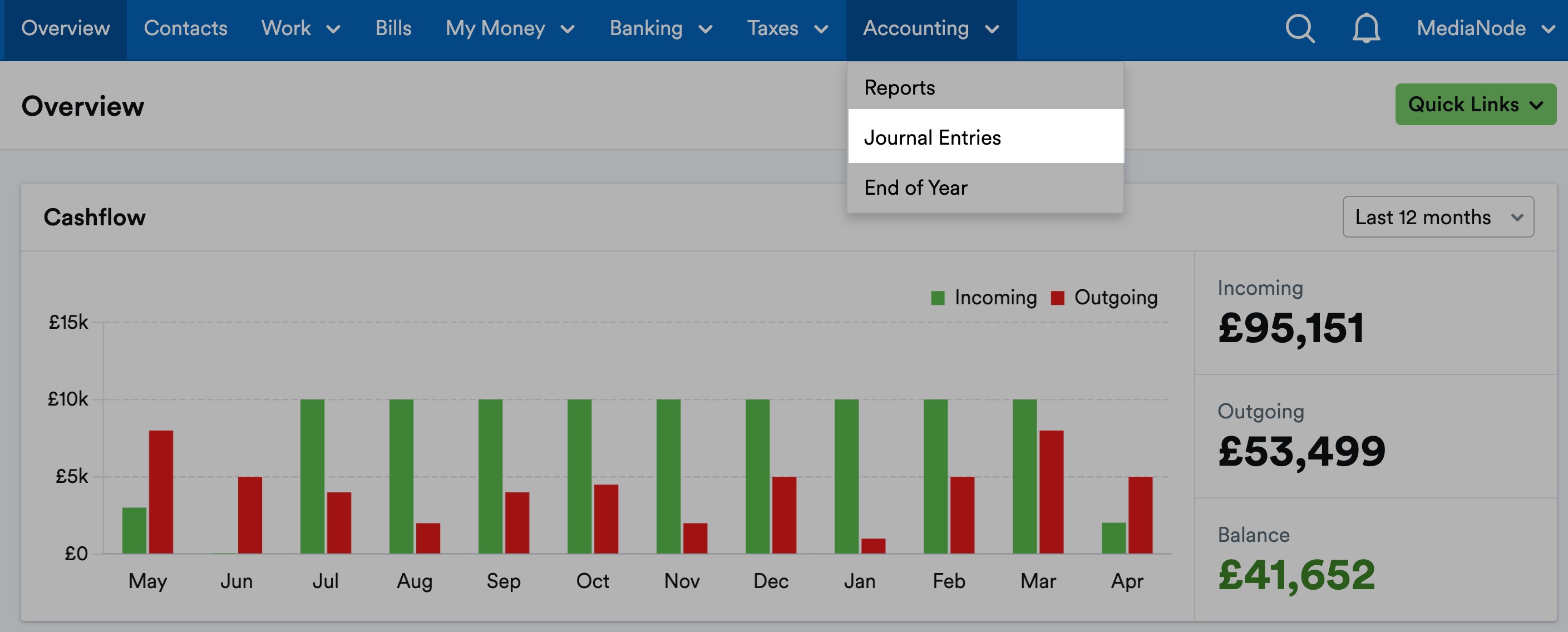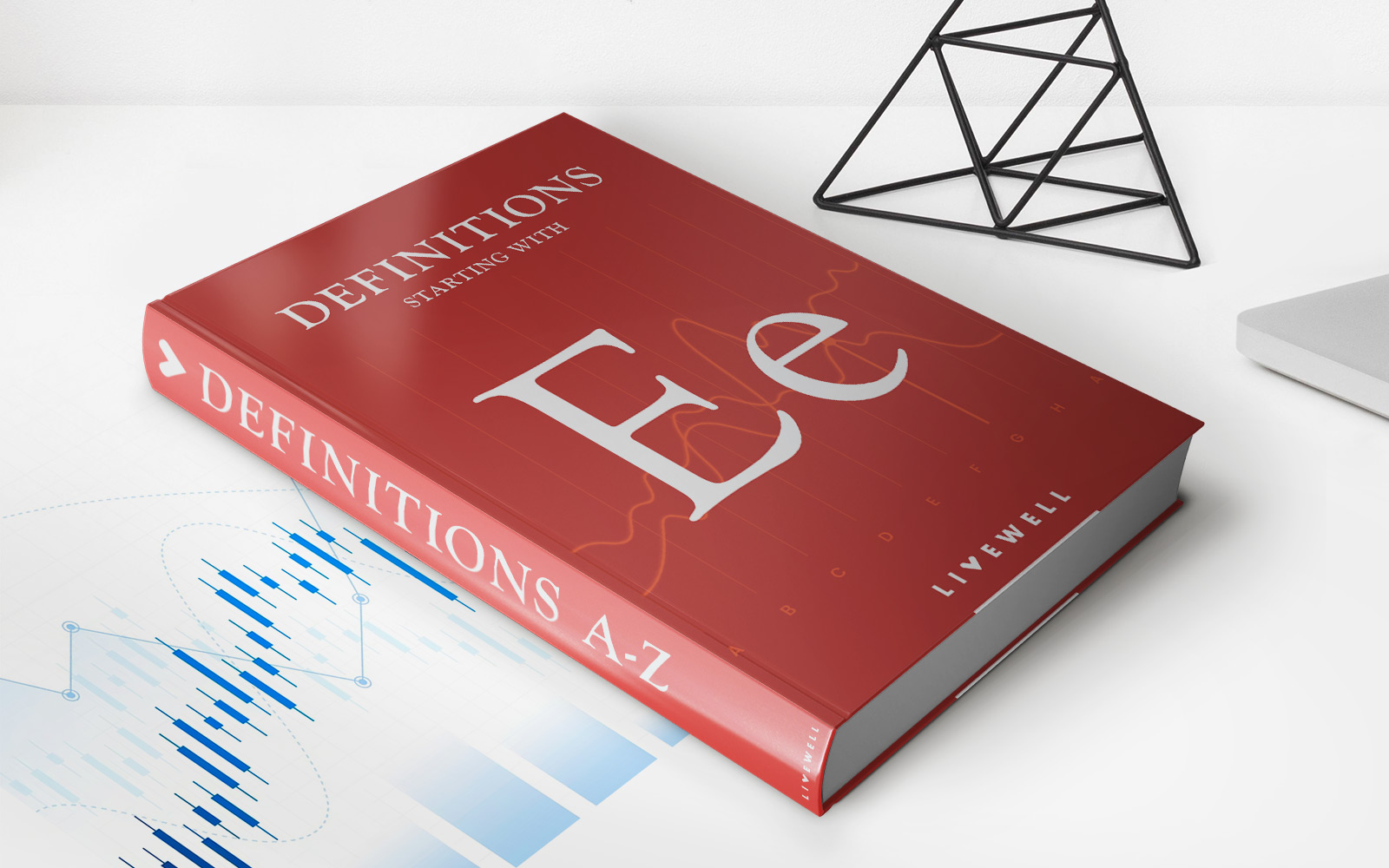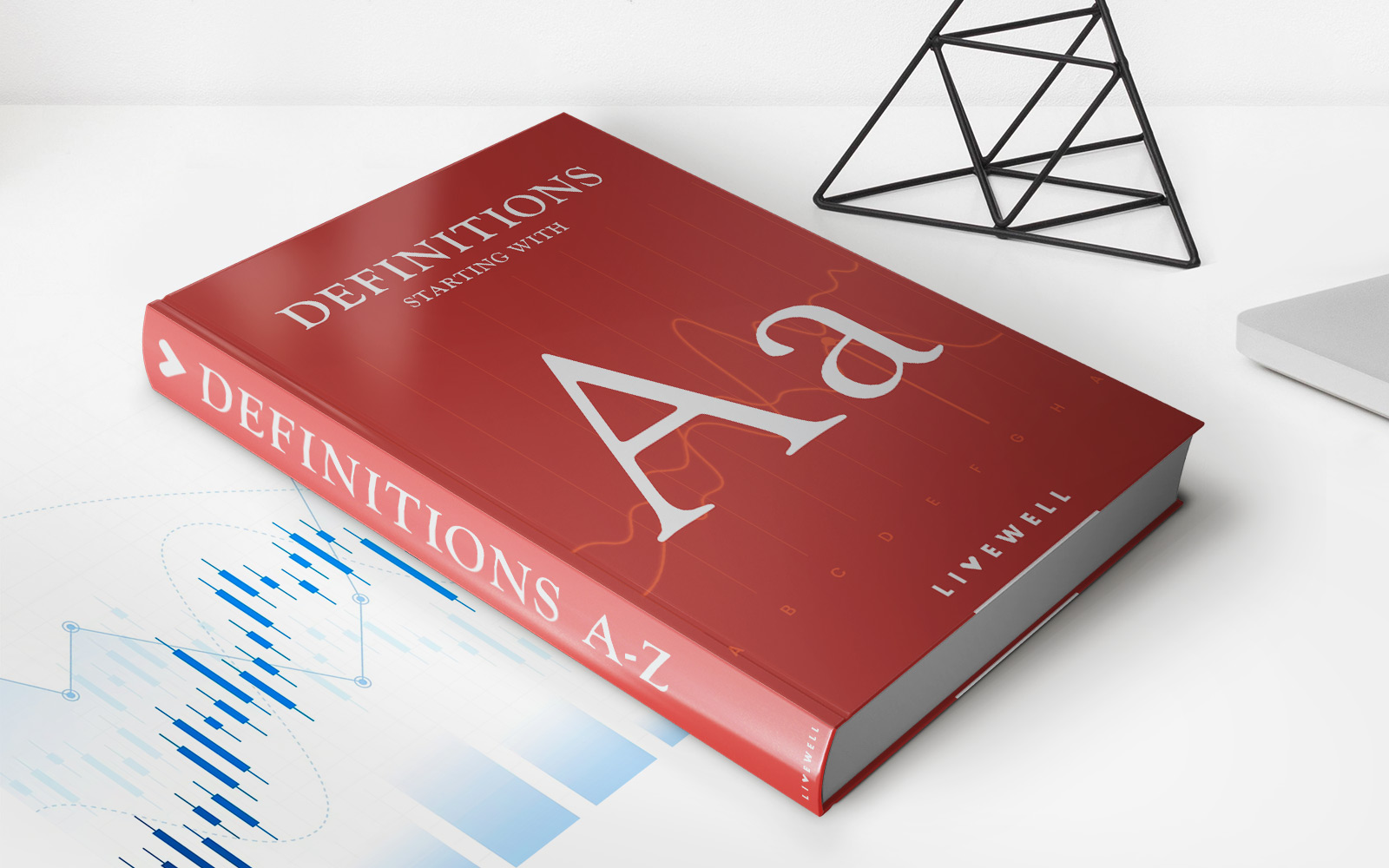Home>Finance>Incoterms Explained: Definition, Examples, Rules, Pros & Cons
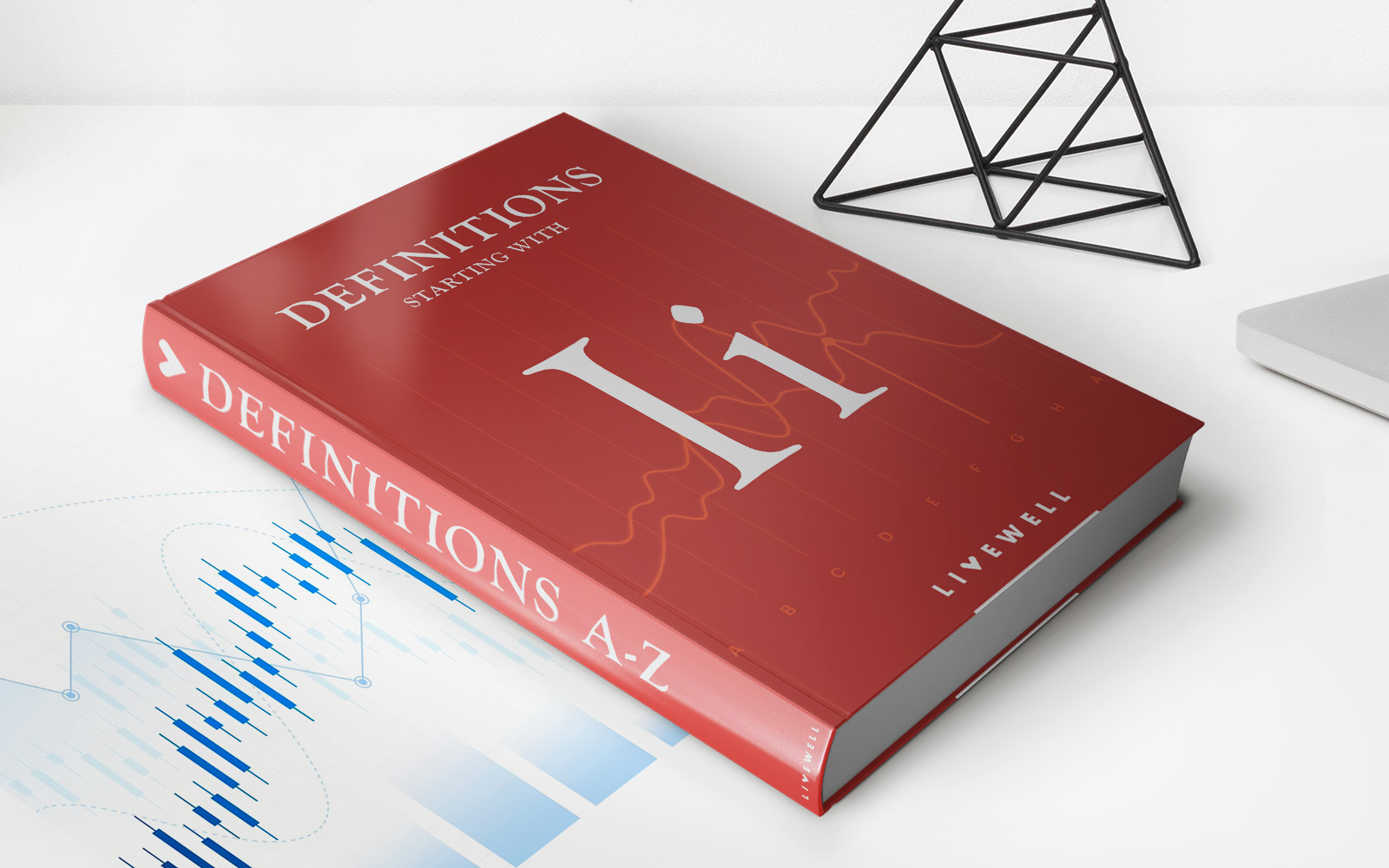

Finance
Incoterms Explained: Definition, Examples, Rules, Pros & Cons
Published: December 8, 2023
Learn all about Incoterms and their application in finance, including definitions, examples, rules, pros, and cons. Gain a comprehensive understanding of how Incoterms impact financial transactions.
(Many of the links in this article redirect to a specific reviewed product. Your purchase of these products through affiliate links helps to generate commission for LiveWell, at no extra cost. Learn more)
Understanding Incoterms: A Guide to International Trade
When it comes to international trade, one key aspect that both buyers and sellers must consider is the allocation of responsibilities and risks throughout the shipment process. This is where Incoterms play a crucial role. In this blog post, we will provide a comprehensive guide to Incoterms, explaining their definition, examples, rules, pros, and cons, ensuring that you have a solid understanding of this essential concept in international finance.
Key Takeaways:
- Incoterms are a set of internationally recognized rules that define the responsibilities and obligations of buyers and sellers in international trade.
- There are 11 commonly used Incoterms, each representing different levels of risk and responsibility.
What are Incoterms?
Incoterms, short for International Commercial Terms, are a set of standardized rules established by the International Chamber of Commerce (ICC). These terms provide a clear framework for international transactions, ensuring that both parties involved have a common understanding of their respective obligations and liabilities.
Incoterms define various aspects of the trade process, including the delivery of the goods, the transfer of risk, the allocation of costs, and the responsibilities of the buyer and seller. By using Incoterms, parties can avoid misunderstandings and disputes, making international transactions smoother and more efficient.
Examples of Incoterms
There are 11 commonly used Incoterms, each representing a different set of rules and obligations. Here are a few examples:
- EXW (Ex Works): The seller’s responsibility is limited to making the goods available at their premises. The buyer assumes all risks and costs from that point forward.
- FOB (Free On Board): The seller is responsible for delivering the goods to the port of shipment and loading them onto the vessel. The buyer assumes all risks and costs once the goods are on board.
- CIF (Cost, Insurance, and Freight): The seller is responsible for the cost, insurance, and freight of the goods, including delivery to the named port of destination.
- DDP (Delivered Duty Paid): The seller is responsible for delivering the goods to the buyer’s location, cleared for import and paying any applicable duties and taxes.
Rules and Considerations
While Incoterms provide a standardized framework, it is crucial for buyers and sellers to understand and agree upon the chosen term before entering into a contract. Some important rules and considerations include:
- Clearly define the responsibilities and obligations of each party in the contract, ensuring there are no ambiguities.
- Understand the associated costs, risks, and liabilities associated with each Incoterm.
- Consider the mode of transport, as some Incoterms are more suitable for sea freight, while others are better suited for land or air transportation.
- Be aware of any legal or regulatory requirements associated with the chosen Incoterm, such as import/export restrictions or customs clearance procedures.
Pros and Cons of Incoterms
Like any system, Incoterms have their advantages and disadvantages. Here are a few pros and cons to consider:
Pros:
- Increased clarity and reduced misunderstandings between buyer and seller
- Standardization of international trade processes
- Improved risk management and allocation
Cons:
- Potential for disputes if Incoterms are not clearly defined or understood by both parties
- Complexity due to the various rules and obligations associated with each Incoterm
- Dependency on external factors such as transport and customs services
In Conclusion
Understanding Incoterms is crucial for anyone involved in international trade. By clearly defining the responsibilities, risks, and costs associated with each transaction, Incoterms ensure a smoother and more efficient global trade process. Remember to choose the most appropriate Incoterm for your specific needs, consider the associated rules and regulations, and clearly communicate the agreed-upon terms to avoid any potential disputes.
Are you ready to take your international business to the next level? With a solid grasp of Incoterms, you’re already on the right track!

